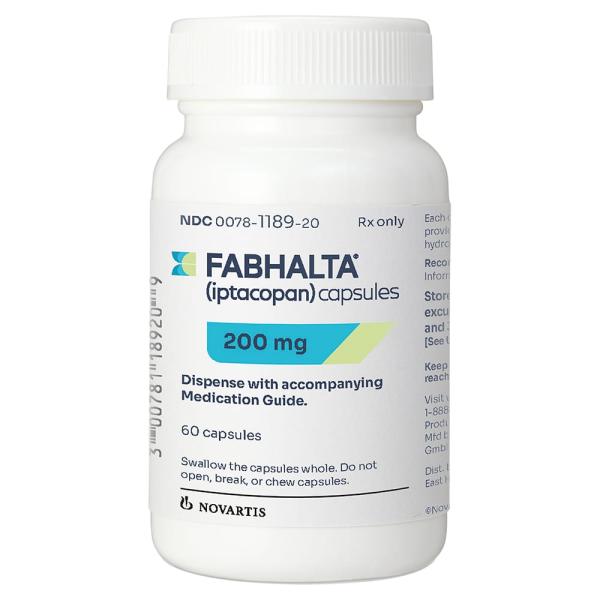Iptacopan Disease Interactions
There are 3 disease interactions with iptacopan.
Iptacopan (applies to iptacopan) infections
Major Potential Hazard, Moderate plausibility. Applicable conditions: Infection - Bacterial/Fungal/Protozoal/Viral
Initiation of therapy with iptacopan is contraindicated in patients with unresolved serious infection caused by encapsulated bacteria, including Streptococcus pneumoniae, Neisseria meningitidis, or Haemophilus influenzae type B. Complete or update vaccination against encapsulated bacteria at least 2 weeks before the first dose of iptacopan, according to current Advisory Committee on Immunization Practices (ACIP) recommendations for patients on complement inhibitors. Antibacterial drug prophylaxis is recommended for patients who require urgent iptacopan therapy but are not up to date with vaccines against encapsulated bacteria according to ACIP recommendations; such patients should receive these vaccines as soon as possible. Interruption of iptacopan should be considered in patients who are undergoing treatment for serious infections.
Iptacopan (applies to iptacopan) liver disease
Moderate Potential Hazard, Moderate plausibility.
The use of iptacopan is not recommended in patients with severe liver dysfunction (Child-Pugh C). No dose adjustment is needed for patients with mild or moderate liver dysfunction (Child-Pugh A or B).
Iptacopan (applies to iptacopan) renal dysfunction
Moderate Potential Hazard, Moderate plausibility. Applicable conditions: hemodialysis, peritoneal dialysis
No clinically significant differences in the exposure of iptacopan were observed between patients with estimated GFR in the range of 25 to less than 90 mL/min compared to those with normal estimated GFR. No data are available in patients on dialysis.
Switch to professional interaction data
Iptacopan drug interactions
There are 340 drug interactions with iptacopan.
More about iptacopan
- iptacopan consumer information
- Check interactions
- Compare alternatives
- Side effects
- Dosage information
- During pregnancy
- Drug class: selective immunosuppressants
- Breastfeeding
- En español
Related treatment guides
Drug Interaction Classification
| Highly clinically significant. Avoid combinations; the risk of the interaction outweighs the benefit. | |
| Moderately clinically significant. Usually avoid combinations; use it only under special circumstances. | |
| Minimally clinically significant. Minimize risk; assess risk and consider an alternative drug, take steps to circumvent the interaction risk and/or institute a monitoring plan. | |
| No interaction information available. |
See also:
Further information
Always consult your healthcare provider to ensure the information displayed on this page applies to your personal circumstances.


